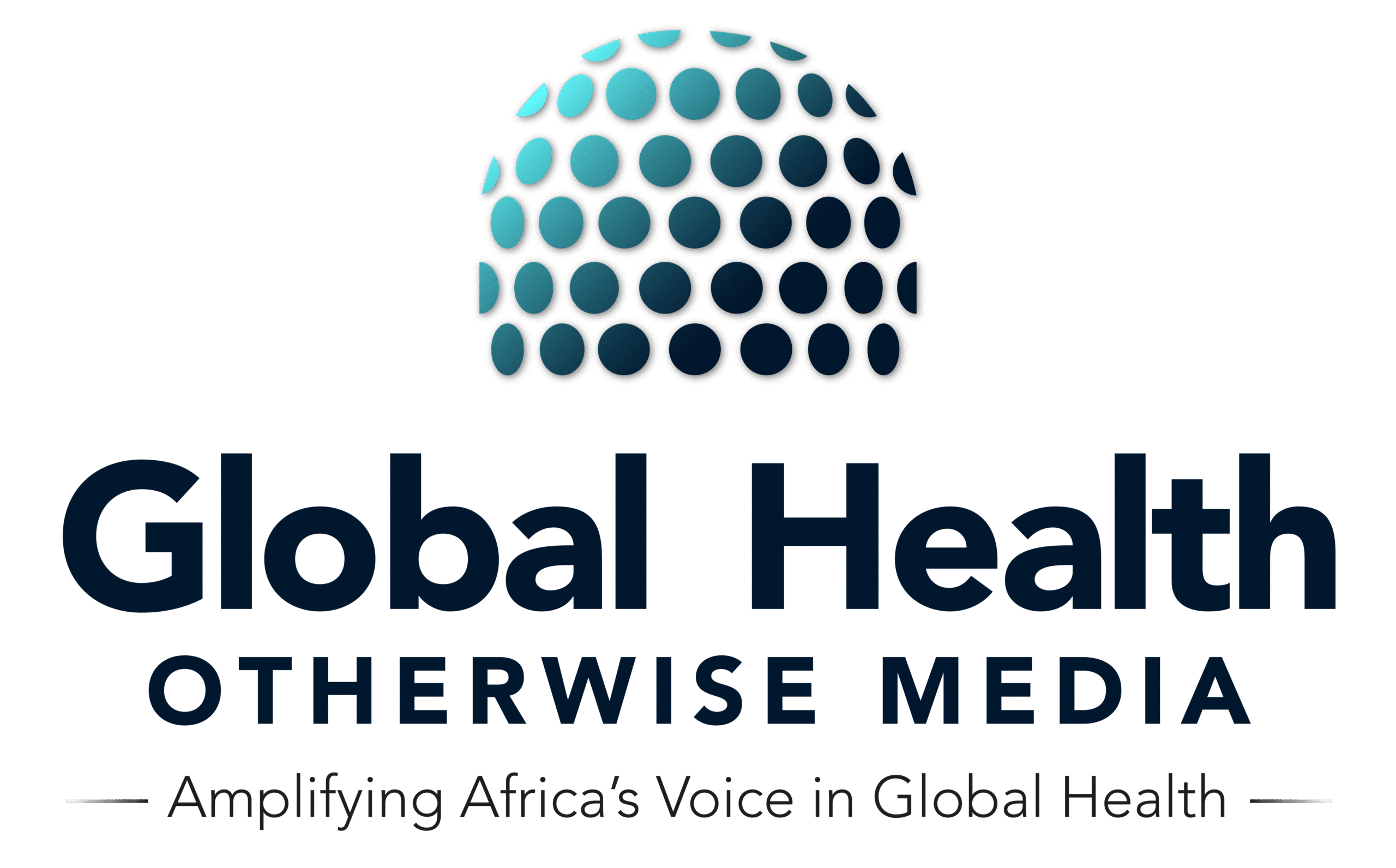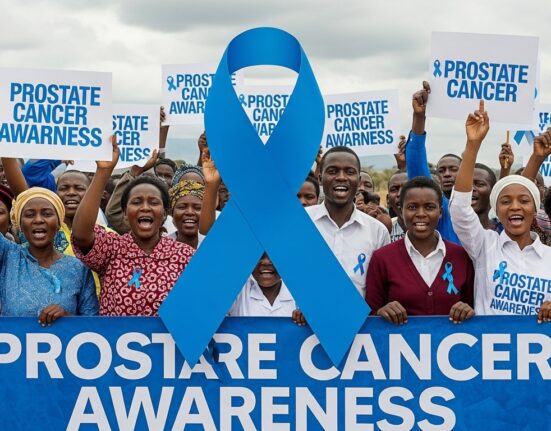Changing Africa’s Taboo Narrative on Menopause
“It’s like a long tunnel no one told you about.” These words, spoken by Brazilian writer Kika Lobo, echo across continents and resonate deeply with women in Africa who also describe menopause as a confusing, isolating journey. A recent article in The Guardian highlights how women from Kenya, Nigeria, South Sudan, Zimbabwe, and beyond are speaking out, forming support groups, and pushing back against deeply entrenched stigma. However, awareness remains sporadic and insufficient.
Low Awareness and Late Education
Across much of Africa, the word “menopause” itself is unfamiliar or misunderstood. Studies conducted in Nigeria, South Africa, and the Congo show that many women learn about menopause late, often during or after symptom onset, and more from peers than from healthcare professionals. This late education can have significant implications for women’s mental health, as they may struggle to understand and cope with the changes they are experiencing. The impact on mental health is profound, with many women experiencing anxiety, depression, and a sense of isolation. In South Africa, for example, women perceive menopause more as a social milestone marking the end of fertility, with profound emotional implications and to some extend impacts their mental health.
Common misconceptions abound: in many cultural contexts, menopause is linked to ill health, impurity, or even curses. Premature menopause in some communities is wrongly thought to result from a woman’s wrongdoing. And because menstrual bleeding is often believed to cleanse the body, the cessation of menstruation is improperly equated with illness.
Cultural Beliefs and Deep-Seated Taboos
Traditional beliefs continue to shape perceptions. A thorough review of African folklore, proverbs, and taboos notes that in Zimbabwe, Mozambique, Kenya, and Nigeria, post-menopausal women are often discouraged or outright forbidden from having sex. Beliefs include that they may fall ill or physically contaminate men, or suffer painful effects themselves (like a “bulging stomach”). At the same time, menopause is sometimes seen as a private, even shameful transition, rarely discussed outside immediate family circles.
According to the World Health Organization, the global population of postmenopausal women is growing. In 2021, women aged 50 and over accounted for 26% of all women and girls globally – a significant portion of whom are in Africa. Yet despite these numbers, most public health systems across the continent remain silent on the subject. Primary care providers are rarely trained to identify or manage menopausal symptoms, and menopause-related care is seldom integrated into national health policies and programs. A qualitative study from Mamelodi, South Africa, concluded that current services inadequately address menopausal needs and that healthcare worker curricula rarely include menopause.
Organizations such as WoMAN Africa are working to fill this gap. They run community outreach programs, train health workers in Kenya and Tanzania, and advocate for renewable health policy that integrates menopause care. Meanwhile, TEKHI Global offers mobile and telehealth options, including virtual menopause clinics. These initiatives are making a difference, but they remain selective and not uniformly accessible. More support and resources are needed to expand these programs and make them more widely available.
Men’s Role and Male Awareness
As surprising as it may sound, many men and even spouses lack awareness of menopause and its effects. A 2018 MATE (Men’s Perception and Attitudes Toward Menopause) survey found that many husbands misinterpret their partners’ menopausal mood swings, vaginal discomfort, or reduced libido often assuming these issues stem from disinterest or relationship problems, rather than menopause itself. This misunderstanding can strain communication and emotional connection within families. In certain Nigerian Yoruba communities, men cease sexual activity during a partner’s menopause not out of informed understanding but driven by taboos straining relationships and deepening stigma.
Evidence shows that when men are included in menopause education, the results are positive: better emotional support, greater couple empathy, and reduced stigma. African NGOs and workplace programs are beginning to involve men in discussions about menopause, which helps dismantle cultural taboos and normalizes menopause across generations.
Toward a Clearer Path
African women are leading the way in breaking the silence surrounding menopause. Through initiatives like the “Pause for Menopause” podcast, workplace training, and legislative advocacy, they are slowly but steadily initiating change. However, systemic progress is crucial to ensure lasting impact. This includes integrating early public education into schools, community health programs, and faith-based initiatives before the midlife stage. Formal training for healthcare workers must become a priority, enabling them to provide empathetic diagnosis, effective symptom management, and long-term care. Men-inclusive outreach should be expanded to help families view menopause as a shared journey rather than a private burden only borne by the woman. Ultimately, policy integration is crucial for integrating menopause care into universal health coverage, insurance frameworks, and broader women’s health policies. With these steps, Africa can move toward a future where menopause is better understood, openly discussed, and effectively supported.



